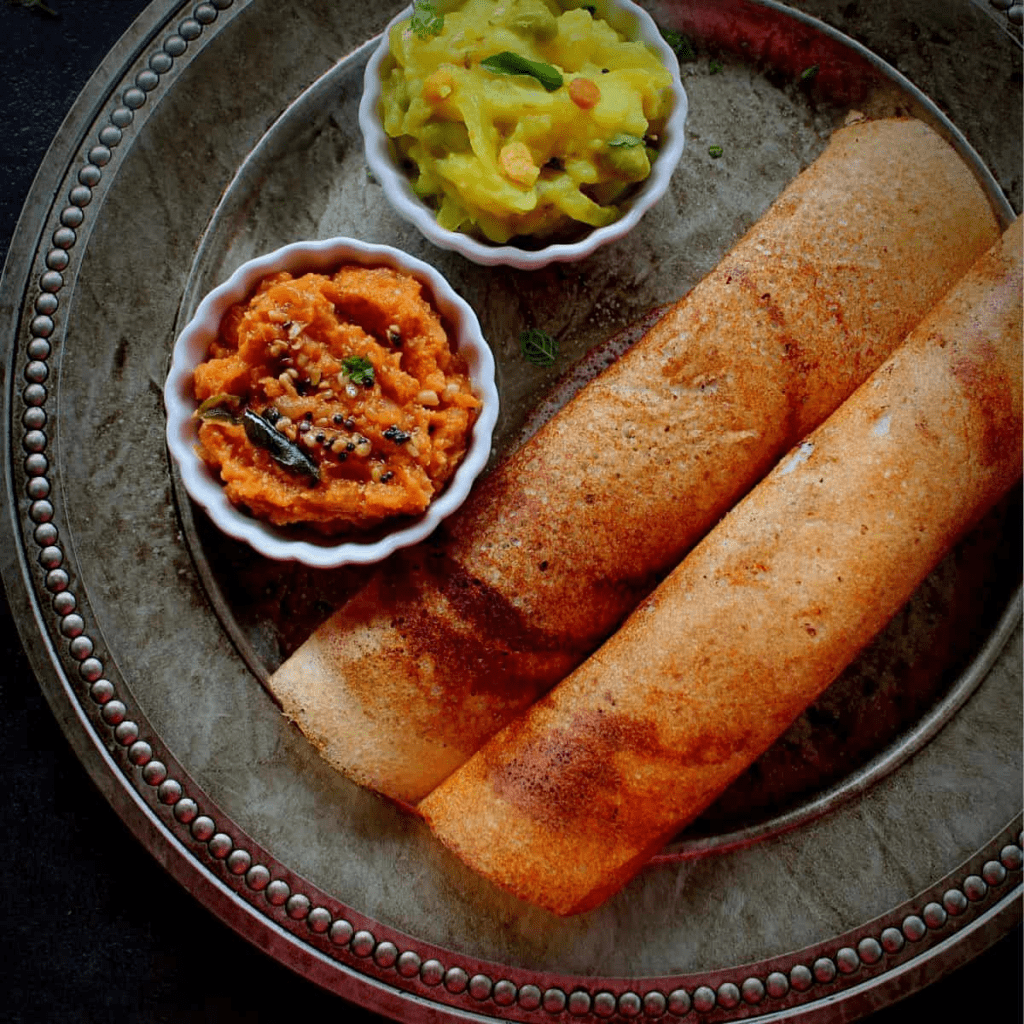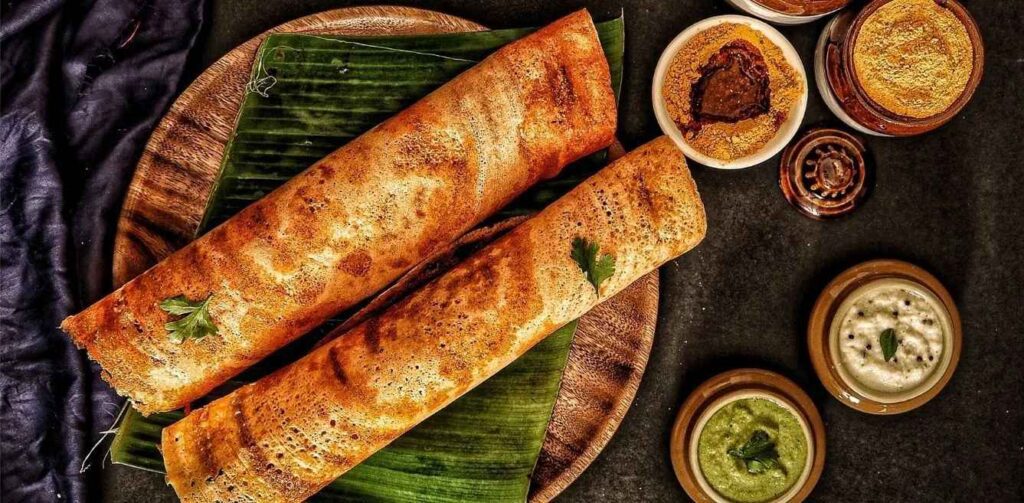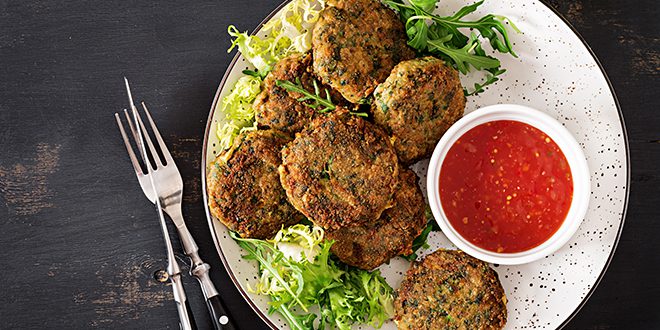I don’t think anybody over here will need an introduction to dosa. It is one of that simple yet exquisite delicacy that managed to conquer the heart of anyone, irrespective of their culture and community. That flat, soft, yet intensely crispy light circle of heaven, confined to the south of India, has conquered every other Indian state. The prominence of dosa has increased to a point where people have begun to consider it a convenient, relatively cheap, yet tasty food option. Indian’s adoration for dosa has reached an extreme where they started to experiment with it. So, let’s check whether there are things apart from the taste and fun only dosa can provide for you.
The history of dosa
Before diving into the technicalities of searching for what only dosa can do for you, let’s start with how this miracle came into being. Historians have been debating whether to win over the dosa. Do you know how? While some historians believed or rather argued that dosa originated in Udupi-the present-day Karnataka, some others argued that it originated in Tamilnadu. There is literature to prove this presence. But as both these dosas have a different consistency, they are different. Ok, let me explain. Udupi dosa is much thinner and crispier compared to the Tamilnadu version of dosa which is thicker and soft. Now let’s talk about what goes into a dosa.


Dosa is made with a fermented batter. Yeah, you heard it right. The batter for dosa is prepared the previous and left outside to allow it to ferment for at least 8 hours or usually overnight. This batter is made with Idli rice, urad dal, fenugreek seeds, poha or flat rice and sabudana, which is soaked for 8 to 10 hours. Do you want to know what exactly happens and how the batter ferments without adding one of the typical fermenting agents, yeast?
The fermentation process happens in Dosa batter.
So, look closely at what happens when you leave your batter on the countertop overnight. As we all know, we usually don’t add yeast to a dosa batter. If so, then what triggers the fermentation process? Let me introduce you to urad dal and fenugreek seeds. Both of these ingredients present in the batter can trigger the fermentation process within the batter.
Without proper fermentation, one will not be able to achieve that crispy crepe bottom found only in dosa. Moreover, this fermentation process makes dosa so light and fluffy. Are you wondering how the single fermentation process can help batter achieve many things? In order to understand that, one has to understand what the process of fermentation is or what it does.
The process of fermentation
Fermentation is a process where the sugars in a dish are broken down by the enzymes produced by microorganisms without oxygen. Ok, let me explain. Various microorganisms, like bacteria and fungi, have a unique set of metabolic genes in them. These genes allow them to produce enzymes that break down distinct sugar metabolites. Now let’s specifically examine the dosa batter.


When the batter is left for fermentation, the number of microorganisms like Leuconostoc mesenteroides and Streptococcus thermophiles in the grains and legumes we added into the batter increases. As this multiplication process continues, the microorganism divide and produce the lactic acid and carbon dioxide present in that atmosphere. It will make the batter anaerobic. That means carbon dioxide bubbles are produced and rest on the fermented batter. Well, the fermentation doesn’t only make the batter fluffy and airy but also makes dosa a healthy food option. So, finally, let’s answer whether or not there is something only dosa can do for you.
Health benefits that only dosa can provide for you
First, these health benefits are provided by not only dosa but also by various fermented foods available to us. But, as a staple dish frequently added to our cuisine, only dosa can provide them so effortlessly to us. With that in mind, let’s understand the health benefits dosa provides.
It is a healthy, light, yet filling Indian breakfast item that will give one an excellent start to our day. As dosa preparation involves little to absolutely zero oil usage, this is an excellent food for people searching for a healthy Indian food option. Moreover, it is a relatively cheap yet nutritious food that can be easily prepared and is available almost everywhere. But, the main important element that makes the dosa a healthy food option is the microorganisms present in it, also known as probiotics.
Probiotics and your health


Probiotics are good bacteria that can naturally live inside your body without causing any kind of harm to you. These bacteria can prevent the bad bacteria from causing you harm. Furthermore, it also supports the function of your immune system and controls the inflammation within your body. It will also help in the digestion process, which includes the breaking down and absorption of medications. Moreover, they also lend a hand in the production of vitamins and further support the cells that line your stomach wall from the attack of bad bacteria.
So, by including dosa in your diet, you are not only introducing yourself to a much better lifestyle but also improving the overall health of your gut. Well, not only dosa will help you in taking care of your gut. Nutriplus GutHealth can do that job even better than dosa.
Nutriplus GutHealth


Nutriplus GutHealth is a probiotic supplement that will ensure the health and safety of your gut. This product consists of five species of beneficial bacteria. The Lactobacillus acidophilus, Lactobacillus salivarius, Streptococcus thermophiles, Lactobacillus bulgaricus and Bifidobacterium longum in the product will replenish your gut flora. As a result, the digestion processes in the gut, like absorption and utilisation of nutrients, will be more efficient. This change in the digestion process can also help in improving your bowel movements.
So, there are things that only dosa can provide easily for you. But as we saw earlier, that doesn’t mean there isn’t any other way to procure it. Achieve ultimate gut health much more efficiently with Nutriplus GutHealth and improve your gut health to live a healthy and happy life.





